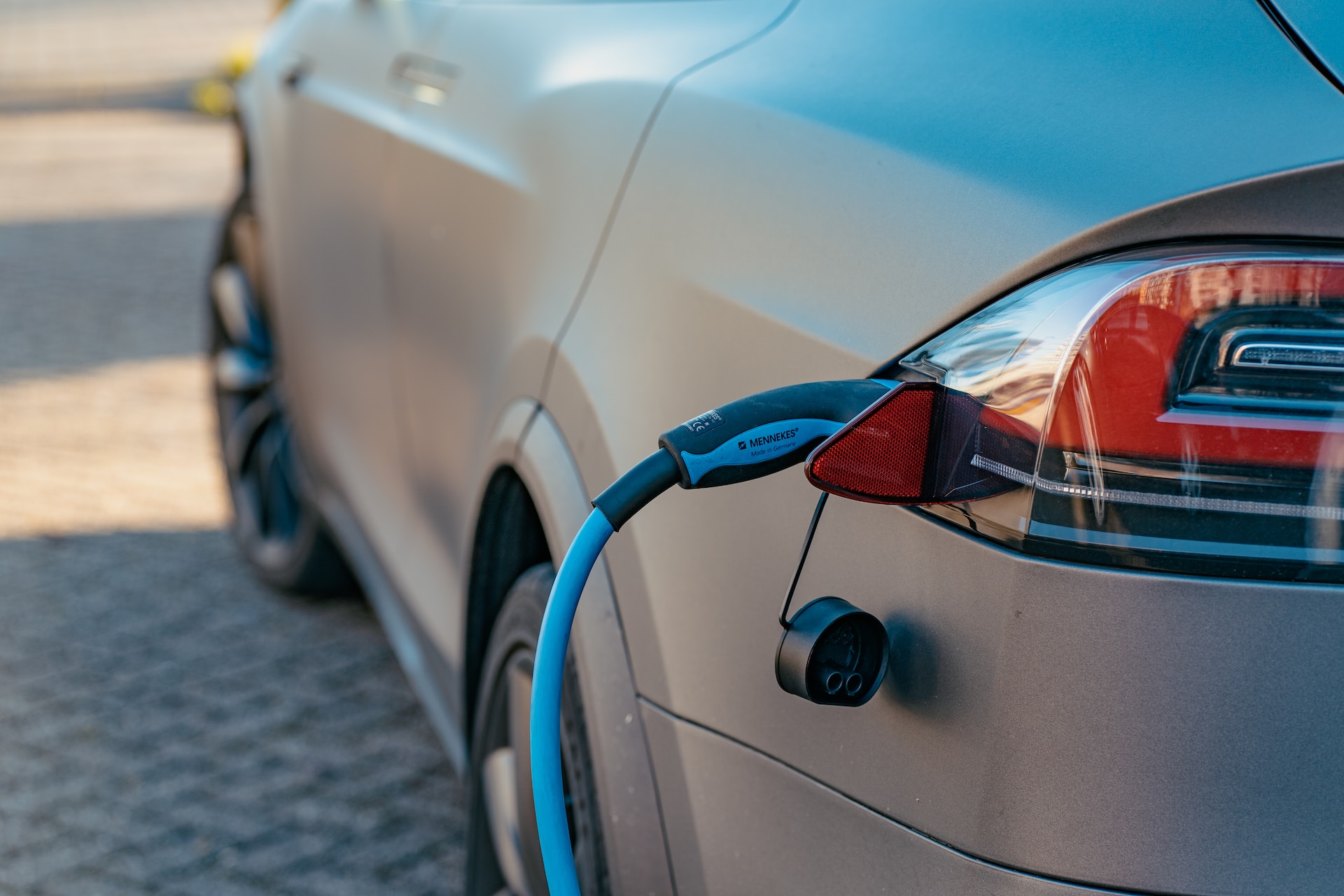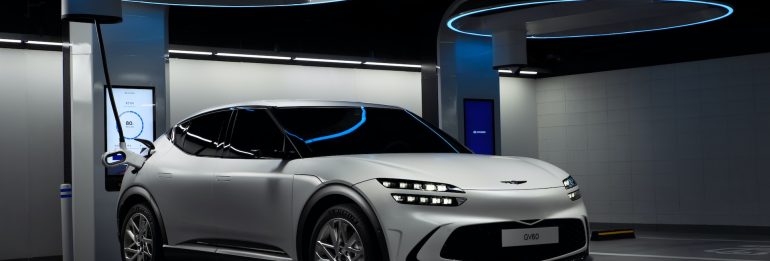London, UK — Three years since its inception, the £1bn fund earmarked for the expansion of Britain's electric vehicle (EV) charging infrastructure remains untouched, causing ripples of concern among industry stakeholders and environmentalists alike.
Chancellor Rishi Sunak, in the early days of his tenure under Prime Minister Boris Johnson's administration, had heralded the "rapid charging fund" in March 2020. This announcement, made just before the nation went into its first Covid lockdown, promised a massive infrastructural boost to motorway service stations across the UK. The idea was simple but ambitious: bolster the grid to accommodate simultaneous rapid charging for a growing fleet of electric vehicles.
A Stalled Start However, the much-anticipated fund is yet to be operational, let alone meet its objectives. Initially slated to launch a pilot scheme in late 2022, the timeline was first shifted to spring 2023 and then to the summer of the same year. With Transport Minister Jesse Norman's recent acknowledgment in the House of Commons that the pilot is still in the "development phase," the industry is rife with speculation and growing impatience.
Industry insiders have hinted that the pilot might not see the light of day before Christmas, raising concerns that the entire project might be pushed beyond the general elections expected next year.
Simon Williams, head of policy at the RAC, a leading motoring group, expressed his concerns, stating, "The delayed rollout of the rapid charging fund is a major setback." He further pointed out the government's failing commitment to having six high-powered chargers at every motorway service area in England by 2023's end.
Challenges and Controversies
The rapid charging fund, pivotal to Johnson's "green industrial revolution," has not been without its share of controversies. The Competition and Markets Authority has been scrutinizing the fund over potential anti-competitive practices. This scrutiny, along with pushback from companies over certain proposals, has added layers of complexity to an already challenging rollout.

Bill Esterson, Labour’s shadow transport minister, minced no words in his critique. "Ministerial delays are impeding the establishment of a robust EV charging network, which is the least of what electric vehicle owners expect," he remarked.
Is the Fund Even Necessary?
While the fund's primary objective is to support installations in commercially unviable areas, some believe that such taxpayer funding might not be essential. Maurice Hochschild, executive chair of Osprey Charging, opined, "The industry, buoyed by interest from global energy giants and infrastructure funds, is not in dire need of this funding."
However, others argue that without governmental support, investments in remote motorway areas, which entail higher infrastructural costs, might remain a distant dream.
The Road Ahead With the Department for Transport highlighting that approximately 96% of motorway service areas already offer charging facilities, and with more installations planned in the coming months, the UK's EV landscape is at a critical juncture. Whether the rapid charging fund becomes the linchpin for the country's green ambitions or remains a missed opportunity will be a story keenly watched by both industry players and the environmentally conscious public.
©GlobalCO2.uk





